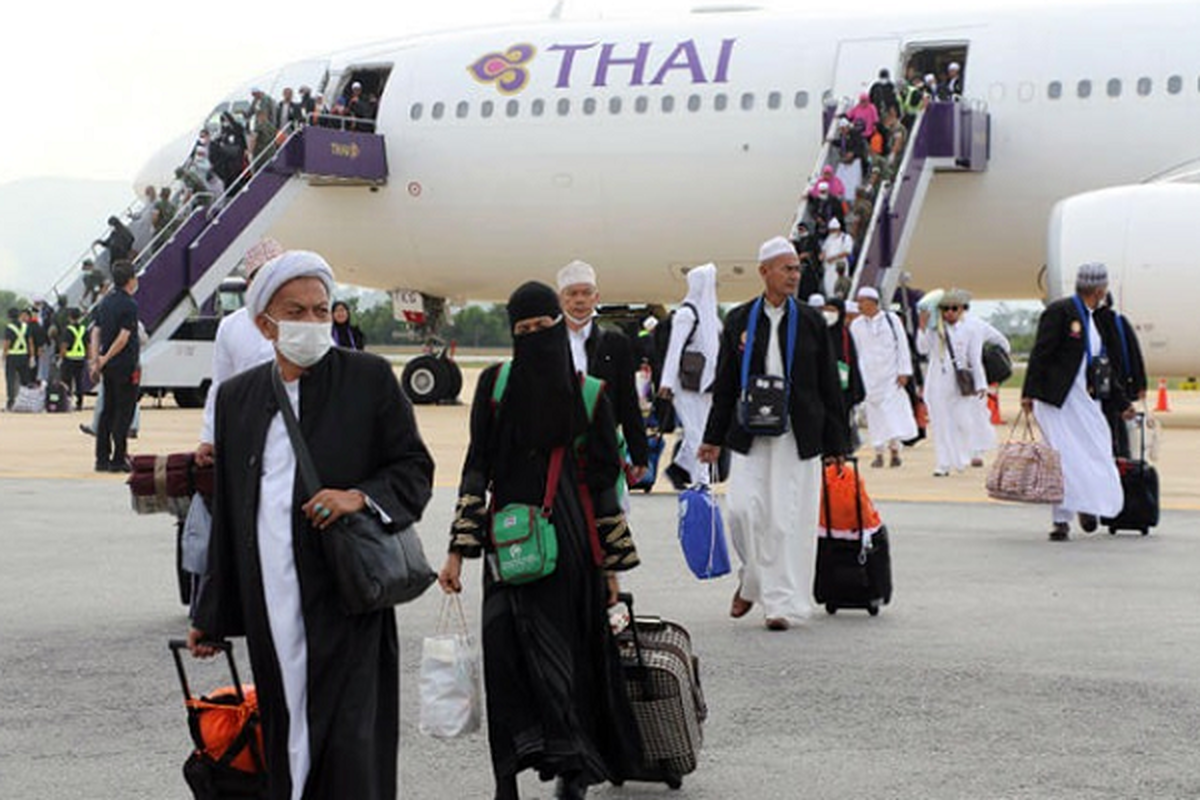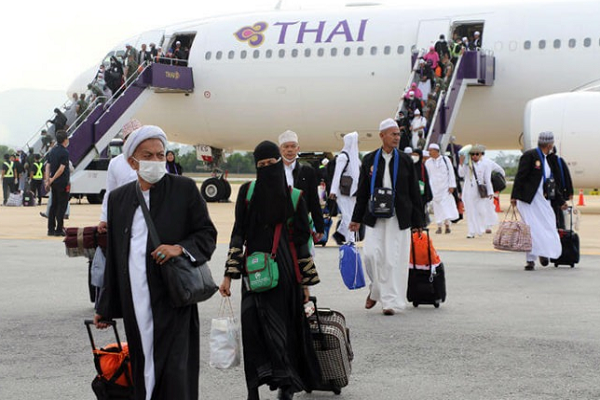Thai Hajj Pilgrims Urged to Beware of MERS


Dr Opas Karnkawinpong, Permanent Secretary of the Ministry of Public Health, addressed recent reports of Middle East Respiratory Syndrome (MERS) cases and deaths in Saudi Arabia.
According to the Saudi Ministry of Health, nine cases of MERS-CoV infection were reported between March 1 and April 21, 2025, with two resulting in death. The cases included one patient in Hail and eight in Riyadh.
Notably, six healthcare workers in Riyadh were infected while treating a single MERS patient. Four of them were asymptomatic, while the remaining two had mild, nonspecific symptoms such as muscle pain, fatigue, nausea, and vomiting. None had direct contact with camels or camel products, suggesting the virus continues to circulate among camels and can still be transmitted to humans.
Despite this, global and regional risk assessments still classify the overall threat level as moderate. The World Health Organization (WHO) has recorded a total of 2,627 confirmed MERS-CoV cases from 27 countries to date—84% of which originated in Saudi Arabia. There have been no reported human infections outside the Middle East since 2019.
"MERS is a respiratory and gastrointestinal illness. Symptoms typically appear within 2 to 14 days after exposure and may include high fever, cough, and shortness of breath. Some patients may also experience diarrhoea, nausea, or vomiting. In severe cases, the disease can progress to pneumonia, kidney failure, or death. The fatality rate remains high due to the absence of a vaccine or specific antiviral treatment. Care is supportive only. The primary reservoir is camels, but the exact transmission route remains unclear. Infection may occur through unpasteurized camel milk or undercooked camel meat. Human-to-human transmission is mainly through respiratory droplets from close contact," Dr Opas explained.
For the 6,603 Thai Muslim pilgrims travelling to Saudi Arabia for the Hajj pilgrimage between June 4–9, 2025 (many of whom have already begun travelling as of April 29), the Ministry of Public Health has deployed medical teams to provide health education and emphasizes preventive measures:
Avoid contact with camels, animal farms, and consumption of unpasteurized camel milk or raw/undercooked camel meat.
Avoid unnecessary visits to hospitals in outbreak areas and refrain from staying in crowded places.
Read More:
Maintain good hygiene by washing hands frequently with soap and water or using alcohol-based hand sanitiser. Avoid touching the face (eyes, nose, mouth) unnecessarily, wear a face mask, and avoid close contact with people showing symptoms.
For returning pilgrims, local public health authorities will continue monitoring their health for 14 days. Anyone developing respiratory symptoms during this period is advised to seek immediate medical attention.
Source: nationthailand.com



